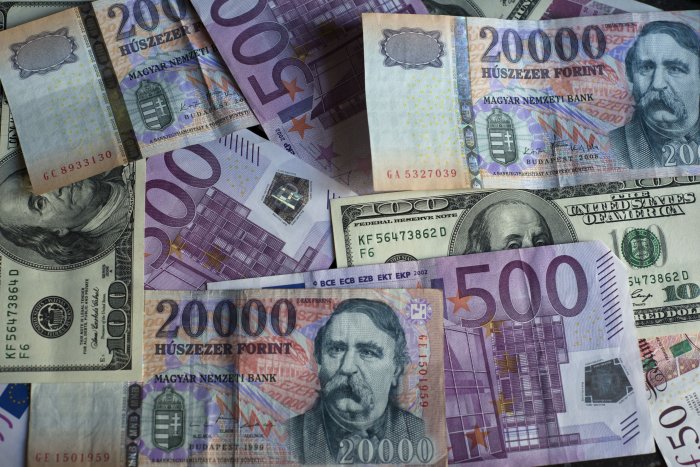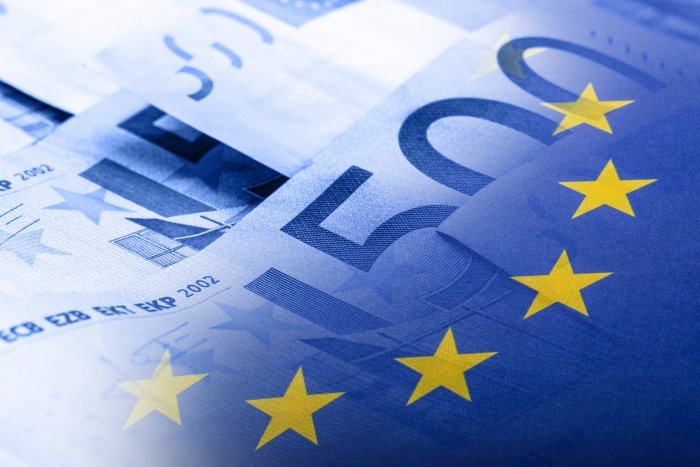Varga: Hungary could adopt euro by decade’s end

jessica fejos
Hungary could adopt the euro as its currency around the end of the decade, though only if economic trends continue to improve and the common currency gains more stability, Hungary’s National Economy Minister Mihály Varga said in an interview with daily Magyar Hírlap, published today.
“If economic trends are long-lasting, if we move closer to the European Union’s developmental average, and if our productivity continues to improve, I don’t consider [eurozone] accession baseless by the end of the decade,” Varga said in the interview. “However, this requires a more stable euro, together with a joint fiscal policy on a more secure standing.”
Varga added that he is in regular consultation with his counterparts in the Czech Republic and Poland, countries which, similarly to Hungary, meet all the requirements for adopting the common currency – with the exception of their readiness to join the ERM-II system. “However, as I see it, they are not rushing into things either,” the minister added. “I very much hope we will adopt the euro, but fortunately it’s up to us to decide when.”
EU member states wishing to join the eurozone must maintain consumer inflation at no more than 1.5 percentage points over the three best-performing member states, a government deficit not exceeding 3% of GDP, and state debt of no more than 60% of GDP, Hungarian news agency MTI noted. In addition, their long-term interest rates must be no more than 2 percentage points over the rate of the three best-performing member states, and they must join the ERM-II system, the waiting room for euro adoption, for at least two years without severe tension, MTI added.
Commenting on these criteria, Varga said that the latest convergence report by the European Commission and European Central Bank shows that Hungary only fails to meet the state debt criterion. He noted that inflation during the period covered by the report stood at 0.4%, under the 0.7% reference value; long-term interest rates stood at 3.4%, against the reference value of 4%; and the fiscal deficit was well under 3% of GDP. He added that while state debt stood at over 60% of GDP, it has been on a declining trend for five years, which conforms to expectations.
SUPPORT THE BUDAPEST BUSINESS JOURNAL
Producing journalism that is worthy of the name is a costly business. For 27 years, the publishers, editors and reporters of the Budapest Business Journal have striven to bring you business news that works, information that you can trust, that is factual, accurate and presented without fear or favor.
Newspaper organizations across the globe have struggled to find a business model that allows them to continue to excel, without compromising their ability to perform. Most recently, some have experimented with the idea of involving their most important stakeholders, their readers.
We would like to offer that same opportunity to our readers. We would like to invite you to help us deliver the quality business journalism you require. Hit our Support the BBJ button and you can choose the how much and how often you send us your contributions.









